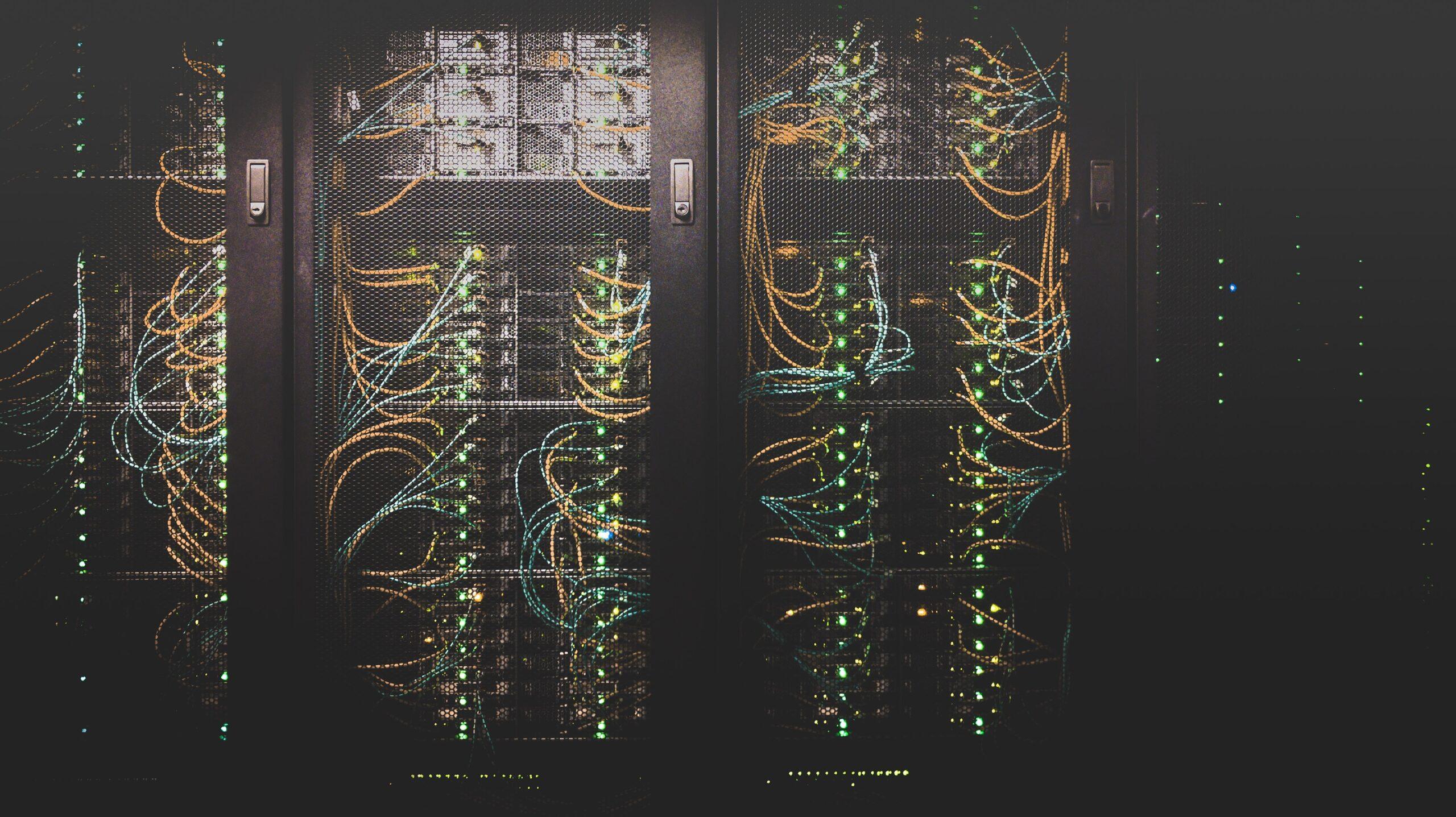Contents
A well-secured server is important for any business. In this post, well go over 10 tips that will help you secure your Linux server.
1. Keep your software up to date.
2. Use strong passwords and change them often.
3. Restrict access to your server.
4. Use firewalls and other security measures.
5. Monitor your server closely.
6. Back up your data regularly.
7. Protect your devices against malware and viruses.
8. Use a reputable antivirus solution.
9. Educate your employees about security threats.
10. Keep up with the latest security news and trends.”
Keep Your Server Up to Date
One of the most important things you can do to secure your server is to keep it up to date. Make sure youre running the latest version of your operating system and all of your applications.
Updates often include security patches, which address vulnerabilities that have been discovered in previous versions of the software. So its important to apply them as soon as theyre released.
Use a Strong Password
One of the simplest things you can do to secure your server is to use a strong password. Dont use easily guessed words like “password” or your name, and make sure your password is at least 8 characters long.
You can also use a password manager to create and store strong passwords. This will make it easy for you to have unique passwords for all of your accounts.
Use a Firewall
One of the best ways to secure your linux server is by using a firewall. A firewall is a software or hardware that helps protect your computer or network from unauthorized access or attacks.
There are many different types of firewalls, but the most common type is a packet filter firewall. Packet filters check each packet of data that comes into or out of your computer or network, and then allow or deny the packet based on a set of rules.
If youre running a linux server, be sure to install a firewall and configure it accordingly.
Limit Access to Your Server
One of the best ways to secure your server is to limit access to it. You can do this by creating user accounts and passwords for each user. You can also set up firewalls and security protocols to restrict access to certain areas of your server.
Another way to limit access is by configuring your server to accept connections only from certain IP addresses. This will help to prevent unauthorized users from accessing your server.
Use Encryption
One of the best ways to secure your server is to use encryption. This ensures that all of the data that passes through your server is protected and cannot be accessed by unauthorized users.
There are a number of different encryption methods that you can use, but the most popular is TLS (Transport Layer Security). This is a protocol that encrypts data using a combination of symmetric-key cryptography and public-key cryptography. Its a secure way to protect your data, and most modern browsers support it.
Monitor Your Server
One of the best ways to secure your linux server is to monitor it closely. By keeping track of server activity, you can quickly spot any suspicious behavior and take appropriate action.
There are a number of different monitoring tools available, but most systems administrators prefer Nagios or Munin. These tools can help you keep track of everything from disk space usage to CPU load to website uptime.
Make sure to configure your monitoring software to send alerts when something goes wrong, so you can take action quickly. And be sure to check your logs regularly to see whats happening on your server.
Use Intrusion Detection and Prevention Tools
Intrusion detection and prevention tools are essential for keeping your server safe from attack. These tools work by monitoring all activity on your server and reporting any suspicious activity. If an attacker is attempting to break into your server, these tools will help to detect and prevent them from doing so.
There are a number of intrusion detection and prevention tools available, both free and paid. Here are a few of our favorites:
– denyhosts: A free intrusion detection tool that scans your server for open ports and reports any suspicious activity.
– fail2ban: A free intrusion prevention tool that monitors login attempts to your server and bans any IP addresses that attempt to log in multiple times unsuccessfully.
– tripwire: A paid intrusion detection tool that monitors file changes on your server and reports any changes that occur outside of the normal pattern.
Backup Your Data
One of the most important things you can do to secure your server is to backup your data. This way, if something happens to your server, youll still have all your information safe and sound. There are a few different ways you can backup your data, so choose the option thats best for you.
Local backups are stored on your computer or server, and are a great option if you only have a few files to back up. Cloud backups are stored on a remote server, and are a great choice for larger files or if you need access to your data from anywhere. Tape backups are old-school but still effective, and store your data on removable media like tapes or disks.
No matter which backup method you choose, make sure to back up your data regularly so you dont lose anything in case of an accident.
Physical Security
You cant just rely on your software security measures to keep your server safe. You also need to take some basic precautions to physically secure your hardware. Here are a few tips to get you started:
1. Lock your server in a secured room or cabinet.
2. Install an alarm system or security cameras in the room or cabinet.
3. Keep your server in a cool, dry place away from direct sunlight or heat sources.
4. Make sure there is always someone available to monitor the server room or cabinet.
Review Your Security Regularly
One of the most important things you can do to keep your server secure is to review your security settings regularly. Things change quickly on the internet, and what was once a safe configuration may no longer be adequate.
Make sure you keep your software up to date, use strong passwords, and only give access to trusted users. And most importantly, never forget that security is only as good as its weakest link. So always be vigilant and stay on top of your security settings!
Conclusion
Securing your server is essential to protect your data and your business. By following these 10 tips, you can make it much more difficult for hackers to gain access and cause damage.

